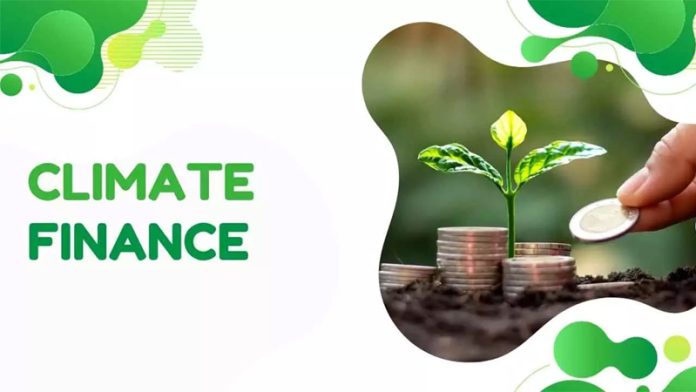India’s substantial contribution of USD 1.28 billion in climate finance through multilateral development banks in 2022 is a significant milestone, especially when compared with the lacklustre performance of several wealthy nations. The recent report by UK-based ODI and the Zurich Climate Resilience Alliance reveals a stark contrast between India’s commitment and the shortfall of numerous developed countries. Developing nations are stepping up to shoulder more responsibility in addressing climate change, often surpassing expectations. India’s climate financing, larger than contributions from developed nations like Greece, Portugal, and New Zealand, sends a powerful message that climate action is not merely the duty of industrialised nations but a collective global responsibility. Despite being a developing country with numerous internal challenges, India has managed to make significant financial contributions, underscoring its commitment to global climate resilience.
In contrast, many rich nations-particularly the USA, Australia, and Canada-have failed to provide their fair share, widening the climate finance gap. The US stands out as the largest historical emitter of greenhouse gases, yet it has consistently underperformed in fulfilling its financial commitments. This disparity has eroded trust between developed and developing countries, impeding progress in international climate negotiations. The failure of wealthier nations to meet their commitments also highlights a fundamental flaw in the global climate finance framework established under the UN Framework Convention on Climate Change. Developed countries, benefiting the most from industrialisation, are obligated to provide financial aid to developing nations, a promise enshrined during COP15 in Copenhagen. Yet, the USD 100 billion-a-year target has never been fully realised. Even claims by the OECD that the goal was met in 2022 are undercut by the fact that 70% of this so-called “finance” was in the form of loans, burdening poorer nations with debt rather than truly helping them adapt to climate challenges. As the world approaches future climate negotiations, it is important for wealthy nations to exceed their obligations and to do so in a manner that genuinely supports the development and adaptation needs of vulnerable countries.
Trending Now
E-Paper


